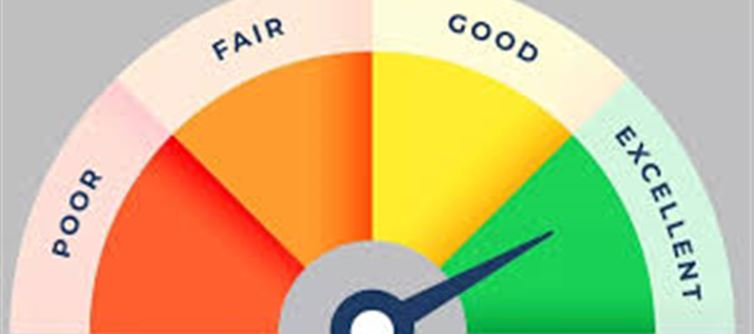
Struggling with credit card debt often pushes people towards settlement with banks, where a fixed amount is paid instead of clearing the full outstanding. While this provides temporary relief, it leaves behind a lasting impact on your CIBIL Score. A settlement can drag down your score by 75–100 points, and the “Settled” tag can stay on your report for up to 7 years, affecting your chances of securing new loans or credit cards.
But here’s the good news: with patience and disciplined financial habits, you can repair and rebuild your credit score. Here are five proven strategies:
1. Know the Difference: “Settled” vs. “Closed”
Most people confuse these terms, but understanding them is the foundation for improving your credit score.
Settled: Means you didn’t repay the entire debt and negotiated a partial payment with the bank. This negatively impacts your report.
Closed: Means you cleared the dues completely and closed the account, which reflects positively on your score.
Tip: Always aim to “Close” accounts instead of “Settle” them. If you’ve already settled, focus on clearing future debts fully to avoid repeating this mistake.
2. Pay Every Bill On Time – No Excuses
Timely repayment is the single most powerful factor in boosting your CIBIL score. Each late payment or missed EMI drags your score further down.
Set up auto-debit or payment reminders to avoid forgetting due dates.
Even paying the minimum amount due is better than missing a payment completely.
👉 Consistency over time will gradually improve your repayment history, which contributes to nearly 35% of your credit score calculation.
3. Use Less, Show Control: Keep Utilization Below 30%
Banks assess your dependency on credit by checking how much of your card limit you use. A high utilization ratio signals financial stress.
Example: If your limit is Rs 1,00,000, try not to spend more than Rs 30,000 monthly.
Spread expenses across multiple cards instead of maxing out one.
👉 Maintaining a low utilization ratio shows lenders that you’re in control, boosting your score steadily.
4. Stop Over-Applying: Quality Over Quantity
Each time you apply for a loan or credit card, a hard inquiry is made on your credit report. Multiple inquiries within a short time lower your score and signal desperation.
Avoid applying for too many credit products at once.
Instead, build a balanced credit portfolio (home loan, personal loan, and a credit card).
👉 Lenders prefer borrowers with a mix of credit types handled responsibly.
5. Secure an NOC: Clean Up Your Records
After clearing dues (whether fully or partially), always ask your bank for a No Objection Certificate (NOC).
Ensure your report reflects the account status as Closed, not “Settled.”
If there’s an error, raise a dispute with credit bureaus like CIBIL, Experian, or Equifax to get it corrected.
👉 This small step prevents future complications when applying for fresh credit.
Final Word: Patience Pays Off
Rebuilding your CIBIL score after a settlement isn’t an overnight task. It requires discipline, timely payments, controlled credit usage, and regular monitoring of your credit reports. Within 2–3 years of consistent effort, even a badly damaged score can climb back to healthy levels, opening doors to better loans, cards, and financial freedom.
Disclaimer:
The views and opinions expressed in this article are those of the author and do not necessarily reflect the official policy or position of any agency, organization, employer, or company. All information provided is for general informational purposes only. While every effort has been made to ensure accuracy, we make no representations or warranties of any kind, express or implied, about the completeness, reliability, or suitability of the information contained herein. Readers are advised to verify facts and seek professional advice where necessary. Any reliance placed on such information is strictly at the reader’s own risk..jpg)




 click and follow Indiaherald WhatsApp channel
click and follow Indiaherald WhatsApp channel